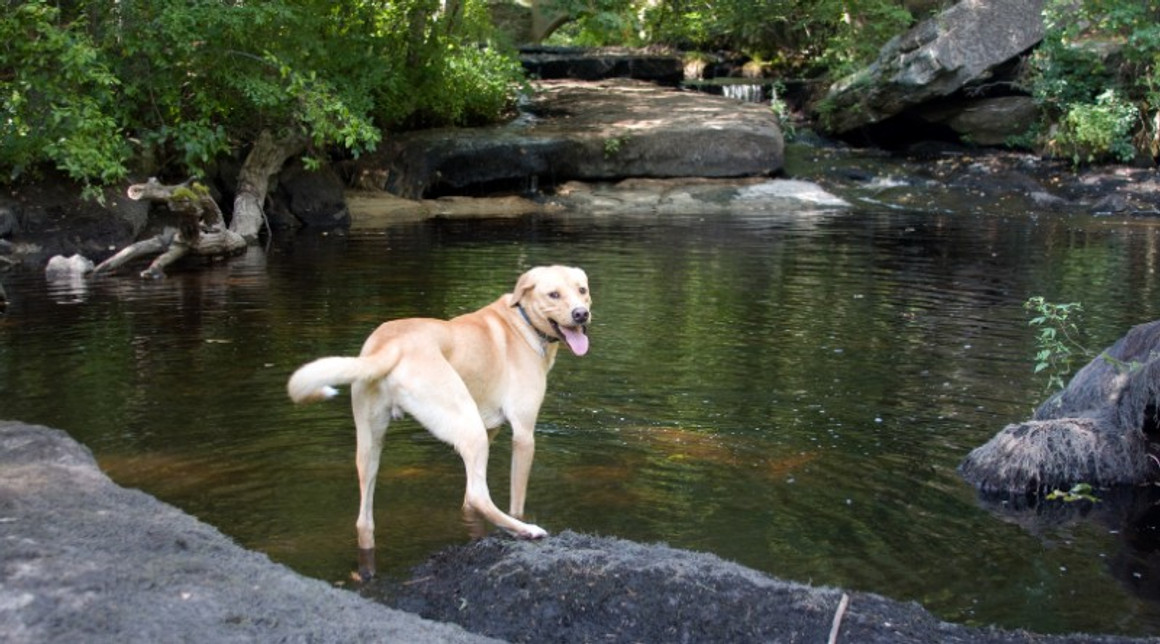Is Heartworm Prevention Harming our Dogs?
Feb 22, 2021
Please research heartworm disease in dogs. The medications that you are giving them is killing them! Dogs with strong immunity are naturally able to fend off heartworms. No medications needed. Think about it, when you were growing up did your parents ever give your dogs heartworm preventive? No they did not and dogs lived much longer than they are living today.
2. Eliminate the cause. Without female mosquitoes, heartworms wouldn't exist, so do all you can to prevent the mosquito from biting your pet in the first place.
- Avoid them breeding in water.
- Plant repelling plants on your property.
- Encourage spiders, they LOVE them.
- Keep your dogs immune strong.
- Use natural safe topical repellents. (search group).
- Have a mosquito trap in your home. The cheap one I use works well enough for me, it has a UV light to attract them and then it sucks air in to a caged area where the mosquitoes die. (I also find this machine great for pantry moths).
- You can also find how to make "mosquito traps" for outdoors on Youtube.
4. If you live in an area high in mosquito's, research your best option/s in the link provided at the end of this post.
Heartworm prevention drugs aren't preventives, they are treatment drugs.
Prevention has always been key to fighting heartworm disease in dogs, but resistance to available medications continues to grow - they are becoming less effective at preventing the disease. This is one of the reasons why they're developing vaccines for heartworm!!
There are a lot of influences and conditions a mosquito depends on to breed and survive.
Extra notes... Hosts for heartworm include domestic dogs, wolves, foxes, and raccoons. Heartworm is spread by mosquitoes that bite an infected host and then pass the parasite to another host during a blood meal. Aedes, Anopheles, and Mansonia species of mosquito are all capable of transmitting heartworm.
Identifying mosquito's: https://www.researchgate.net/.../How_to_identify_Culex...
Many birds will eat mosquitoes. The more important among these are purple martins, swallows, waterfowl (geese, terns, ducks) and migratory songbirds. Bird predators usually eat both the adult and aquatic stages of mosquitoes.
Goldfish, guppies, bass, bluegill and catfish prey on mosquito larvae. But the most important fish predator, by far, is the Gambusia affinis, commonly known as the mosquito fish. This is probably the most effective predator of mosquito larvae and is used by many mosquito control agencies to augment their control efforts.








